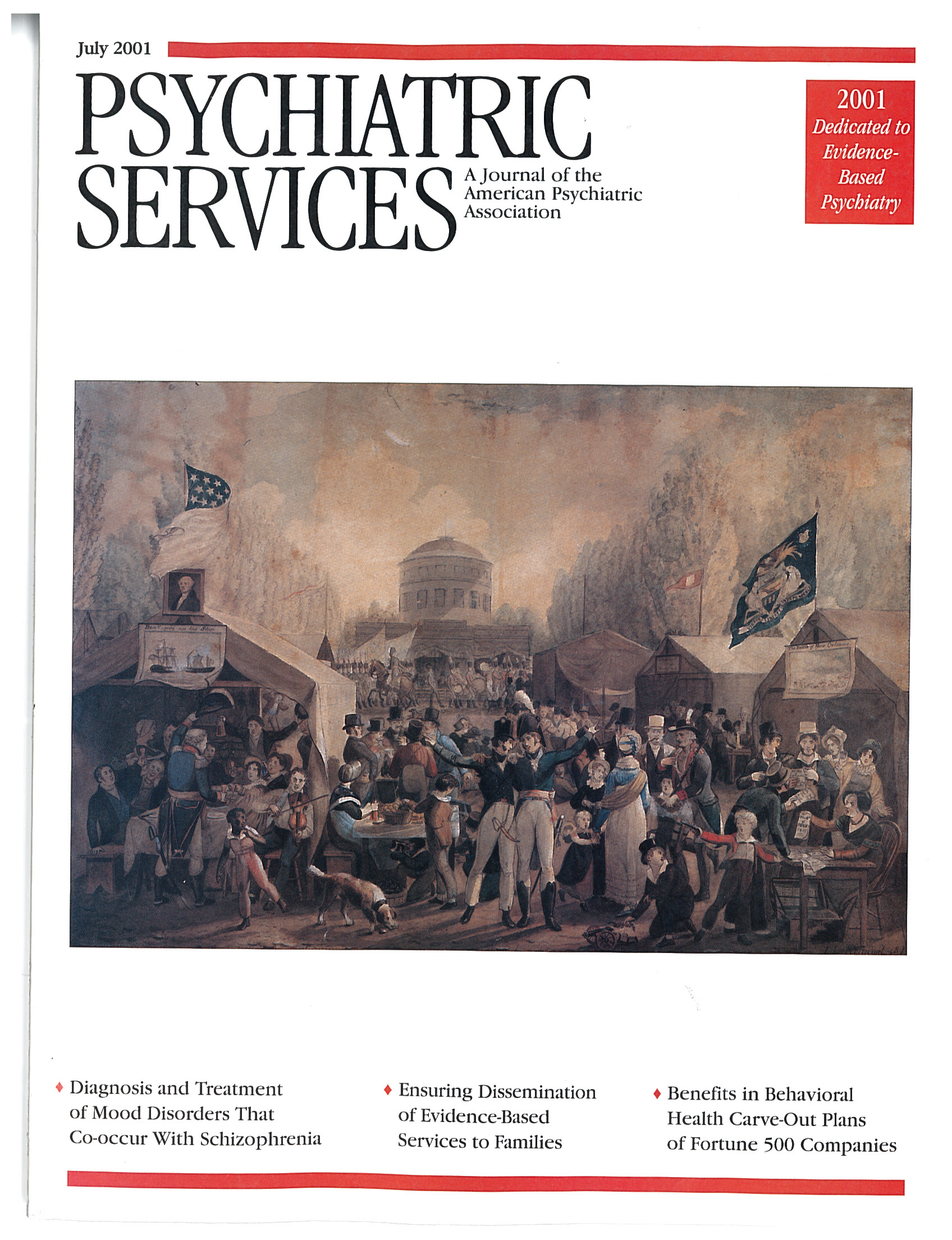Consumer & Family Information: Schizophrenia
What is schizophrenia?
Schizophrenia is a persistent and serious mental disorder characterized by dramatic changes in behavior and thinking that may include delusions and hallucinations. People with schizophrenia often have psychotic symptoms, which means they are unable to distinguish what is real from their unreal thoughts and perceptions.
Sometimes, people with schizophrenia will have periods of time when the illness is worse and when the hallucinations and strange behavior are most obvious. At other times, they will have few noticeable symptoms. As the disease progresses over a long period of time, however, the personality and behavior of someone with schizophrenia may seem very different from what these were like before the illness began.
Because of these changes, many people misunderstand schizophrenia. It is not "multiple personality disorder" or "mental retardation." Instead, schizophrenia is a severe mental illness that changes the way the brain functions.
What are the signs and symptoms of schizophrenia?
The signs and symptoms of schizophrenia include:
• Delusions (false or unreal beliefs)
• Hallucinations (hearing, seeing, smelling, tasting or feeling something that is not really there)
• Disorganized speech and/or speaking less
• Bizarre behavior
• Blunted or dulled emotions
• Withdrawing emotionally from people
• A loss of interest in school or work
• Difficulty paying attention
• Lack of energy and motivation
• Thoughts of death or suicide, or suicide attempts
• Outbursts of anger
• Poor hygiene and grooming
Not all of these symptoms are present at the same time. For example, someone with schizophrenia may seem quiet and withdrawn for a period of time and then agitated or highly emotional. The symptoms, severity, and course of schizophrenia can vary from person to person.
How is schizophrenia treated?
Schizophrenia is a serious and persistent mental illness. Without treatment, people with schizophrenia may have great trouble functioning and they may consider or attempt suicide. However, schizophrenia can be treated with medication, psychotherapy, and rehabilitation. Treatment always should include seeing a psychiatrist.
Some medications, called antipsychotic medications, help control many of the symptoms of schizophrenia, including the problems in thinking. It is very important for people with schizophrenia to follow their treatment plans and for their families to encourage them to do so.
Psychotherapy is a series of private talks with a psychiatrist in which a person discusses the feelings, thoughts, and behavior that cause difficulty. A psychiatrist also can recognize other mental and medical problems. The goal of psychotherapy is to help people understand and master their problems so they can function better. During psychotherapy, the psychiatrist also can help the person with schizophrenia reduce the stressful situations that can make the illness worse. Families of people with schizophrenia also can benefit from educational and supportive counseling sessions.
Rehabilitation, or skill building, is often provided through support groups or day programs. The goal of rehabilitation is to help people with schizophrenia improve skills that may have suffered since the illness, such as personal care, relationships with other people, and work skills and habits.
Some people with schizophrenia cannot live on their own. For these people, group or cooperative housing and good medical and psychiatric care can help them lead satisfying and more productive lives.



